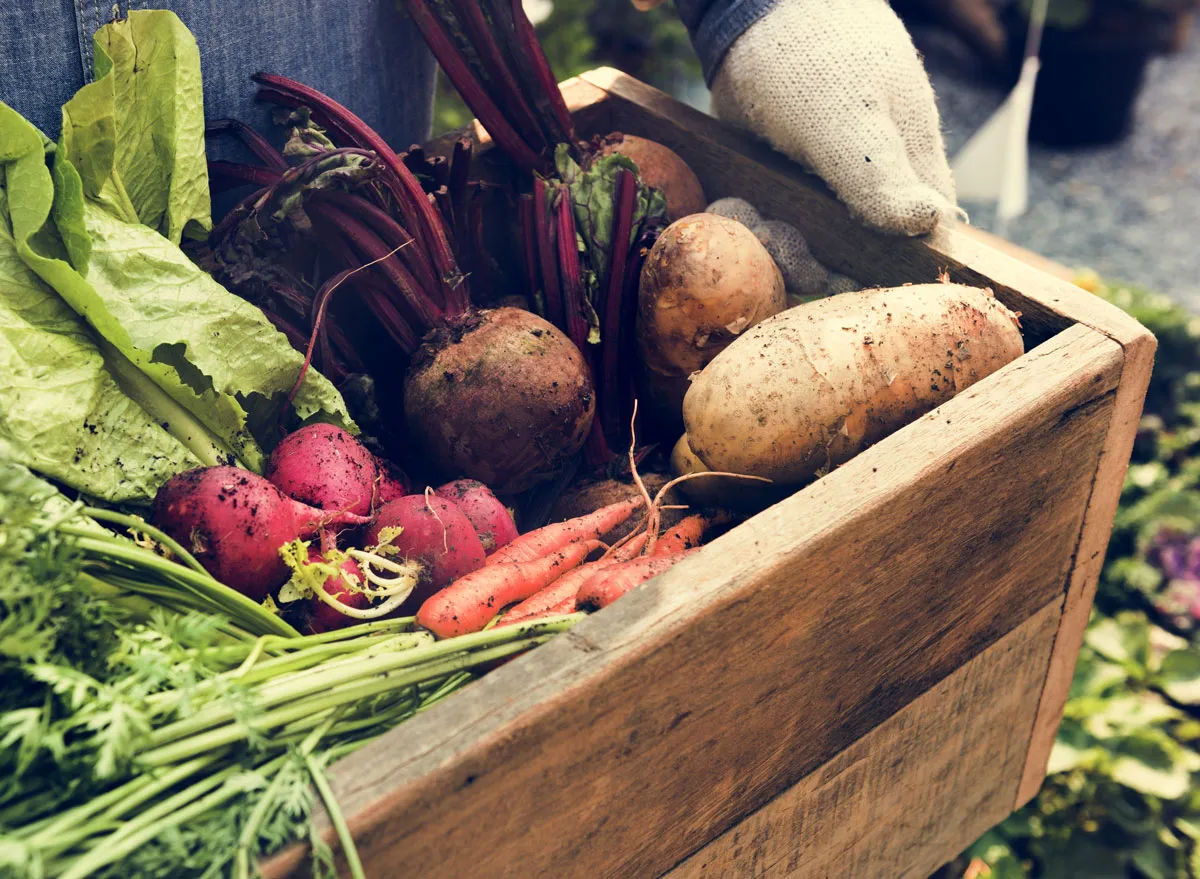Opinion- Biotechnology Foods
I believe biotechnology is beneficial in alleviating worldwide malnutrition, but not a complete solution. My position is very similar to ISAAA’s- implementing genetically modified crops alone will not magically solve world hunger and lack of food. Instead, multiple methods should be implemented to target all factors of the problem: improved governance, better infrastructure, better education of farmers, increased quality of seeds, improved transportation systems, and integration of traditional indigenous practices with modern biotechnology.3 Only focusing on increasing crop yield could result in unexpected negative consequences in the future. However, by tackling multiple aspects, we may be able to avoid unexpected outcomes.

One alternative to biotechnology as a means of alleviating hunger is focusing on reducing food waste. Every year, billions of pounds of perfectly good food are wasted, whether it’s because of a slightly misshapen appearance, a surplus of crops, or problems transporting and manufacturing the food.4 Nearly 40% of all food in America is wasted when it could be going to the millions facing hunger. Reducing food waste could look like organizations like Feeding America rescuing groceries to give to the hungry, platforms like MealConnect for grocery stores and restaurants to donate surplus meals, or even encouraging a shift in the public mindset to emphasize that misshapen or “ugly” produce is perfectly fine and does not need to go to waste.
I do feel that biotechnology, while controversial, could make a great positive impact on our future. With the fast pace at which technology, including biotechnology, is advancing, I have no doubt that biotechnology will improve our world in ways we may not have even considered. For example, the prospect of being able to grow meat in labs efficiently and not too costly would be a major leap in our pursuit of a “green” society. Farming cows and other livestock animals make up 40% of methane emissions.2 If we were able to eliminate our need for farming animals and popularize lab-grown meat, we would be able to significantly impact climate change. Biotechnology is an important field that we should be paying attention to- it may be responsible for our future.
References
- Acker, R. V., Rahman, M. M., & Cici, S. Z. H. (n.d.). Pros and cons of GMO crop farming. Oxford Research Encyclopedia of Environmental Science. https://oxfordre.com/environmentalscience/display/10.1093/acrefore/9780199389414.001.0001/acrefore-9780199389414-e-217?rskey=rTCqzC
- Booker, C. (2022, March 6). How scientists are reducing methane from cow burps. PBS NewsHour. https://www.pbs.org/newshour/show/cow-burps-are-a-major-contributor-to-climate-change-can-scientists-change-that
- Contributions of agricultural biotechnology in alleviation of poverty and hunger. (n.d.). ISAAA.Org. https://www.isaaa.org/resources/publications/pocketk/30/default.asp
- Food waste in America. (n.d.). Feeding America. https://www.feedingamerica.org/our-work/reduce-food-waste
- Langer, R., & Sharma, S. (2020, November 20). The blessing and curse of biotechnology: A primer on biosafety and biosecurity. Carnegie Endowment for International Peace. https://carnegieendowment.org/2020/11/20/blessing-and-curse-of-biotechnology-primer-on-biosafety-and-biosecurity-pub-83252
- Jamil, K. (n.d.). Biotechnology – A solution to hunger? United Nations. https://www.un.org/en/chronicle/article/biotechnology-solution-hunger
- UN Food Systems Summit: Biotechnology key to meeting zero hunger goals. (2021, July 29). Alliance for Science. https://allianceforscience.org/blog/2021/07/un-food-systems-summit-biotechnology-key-to-meeting-zero-hunger-goals/
- Wieczorek, A. (n.d.). Use of biotechnology in agriculture–benefits and risks. https://www.ctahr.hawaii.edu/oc/freepubs/pdf/bio-3.pdf

